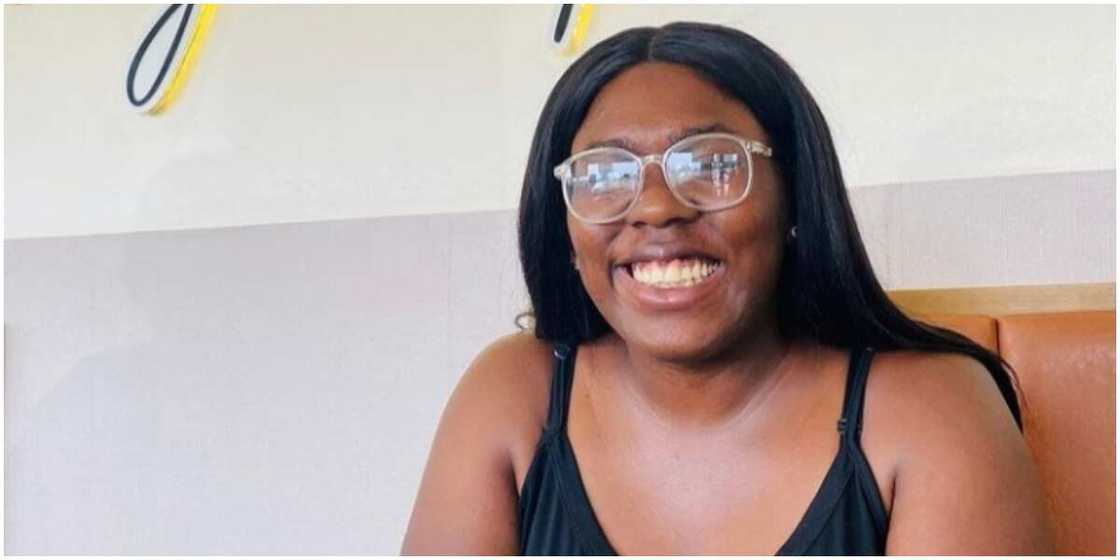Five Nigerian Women-owned Tech Companies Changing How Nigerians Live Their Life
- Nigerian women are making a difference in the tech space within the country, offering groundbreaking innovations
- Women co-founders like Fara Jituboh, Tomilola Adejana, Temie Giwa-Tubosun, Odunayo Eweniyi and Atinuke Idowu are leading the innovative drive
- Companies like Piggybank, Lifebank, Okra, Bankly and Termii are some of the women innovations
If you look closer at the tech space in Nigeria, you will be stunned by the number of women using technology to change the way Nigerians and Africans live.
The initiatives of five women co-founders tracked by Legit.ng have led to various technological solutions that have kept the sick alive, save market women and other artisans from losing their money to fraudulent thrift collectors.
They are also assisting in bringing banking services to our front door, as well as improving the saving culture in Nigeria amid declining disposable income and rising cost of living.
These women are Fara Jituboh, Tomilola Adejana, Temie Giwa-Tubosun, Odunayo Eweniyi and Atinuke Idowu - together, they have raised about $7.9 million (N3.2B) to support their innovations.
Odunayo Eweniyi

Source: Instagram
Eweniyi, the co-founder Piggybank, a financial technology improving the savings culture in Nigeria by helping Nigerians save better. The startup was established in 2016, and she serves as COO.
Her company also assists businesses to manage or structure their finances with less hassle. As of 2020, about a million registered users are making use of Piggybank, and have saved about $80 million in Piggy's vault.
Eweniyi and her co-founder's initiative has attracted $1.1 million from several investors: LeadPath Nigeria, Village Capital and Ventures Platform.
Temie Giwa-Tubosun

Source: UGC
In 2016, Giwa-Tubosun developed an initiative to use technology to save lives. Having seen how hospitals find it difficult to get blood on time for patients, she co-founded Lifebank to make it easier.
As the CEO of Lifebank, Giwa-Tubosun is able to bridge the gap between hospitals and blood donors or providers through tech. This idea attracted investors like EchoVC Partners, Co-Creation Hub Nigeria and Fola Laoye.
The startup which delivers blood by drones secured about N90 million [according to the current rate of $224,000] from the three investors. It services over 500 hospitals in Nigeria and Kenya.
Tomilola Adejana

Source: UGC
She serves as the CEO of Bankly, a company she co-founded to help underbanked individuals and community across Nigeria. She co-created Bankly to replace the local/traditional saving system known as Ajo [yoruba word for saving].
Adejana's company is trying to eliminate the risk of losing money which market women faces daily in the hands of ajo handlers [thrift collector]. Her initiative has gotten Bankly total financial support of $2.1 million since their set up.in 2018.
The investment was raised from investors, The Chrysalis Capital and Rising Tide Africa, Vault, Greenhouse.Lab, Plug and Play Tech Center, amongst others.
Fara Ashiru Jituboh

Source: Twitter
Jituboh is not just the co-founder of Okra, she is also the CEO of the company that allows developers & businesses to build personalised digital products and services through its open finance infrastructure.
Okra's financial solutions for businesses have helped Jituboh to raise $4.5 million from various investors such as TLcom Capital Partners, Susa Ventures, Rob Solomon, Accenture Ventures, Sequoia Scout amongst others.

Read also
Old photo and list show that a Nigerian airport was built by contributions from indigenes, some gave N100
With its API assisting in building products that allow access to inclusive financial data and secure payments, companies like Renmoney, Aella, Carbon, Autochek, Access Bank are making use of Okra - its API is connected to banks in Nigeria, Kenya and South Africa.
Atinuke Idowu

Source: UGC
Six years ago, Atinuke Idowu, co-founded Termii, a startup that provides infrastructure for digital companies to communicate with their existing and prospective customers.
Idowu act as the head of finance for Termii which offers an infrastructure to 3,500 plus businesses to assist them to verify and authenticate customer transactions through messaging channels.
The company is financially backed by Y Combinator, Microtraction, Future Africa and many more investors that have invested about $1.6 million.
Meanwhile, Legit.ng had reported that former Central Bank of Nigeria deputy governor, Kingsley Moghalu, said individuals can buy cryptocurrency despite its crushing value.
He said like any other investment assets, cryptocurrency is risky, and the declining value was no different from what is experienced in the Nigerian stock exchange.
Moghalu said Nigerians are using cryptocurrency to protect themselves from inflation and naira devaluation which has been occurring recently.
Source: Legit.ng



